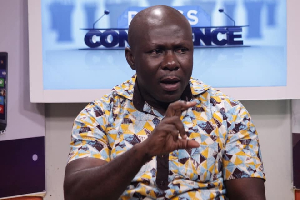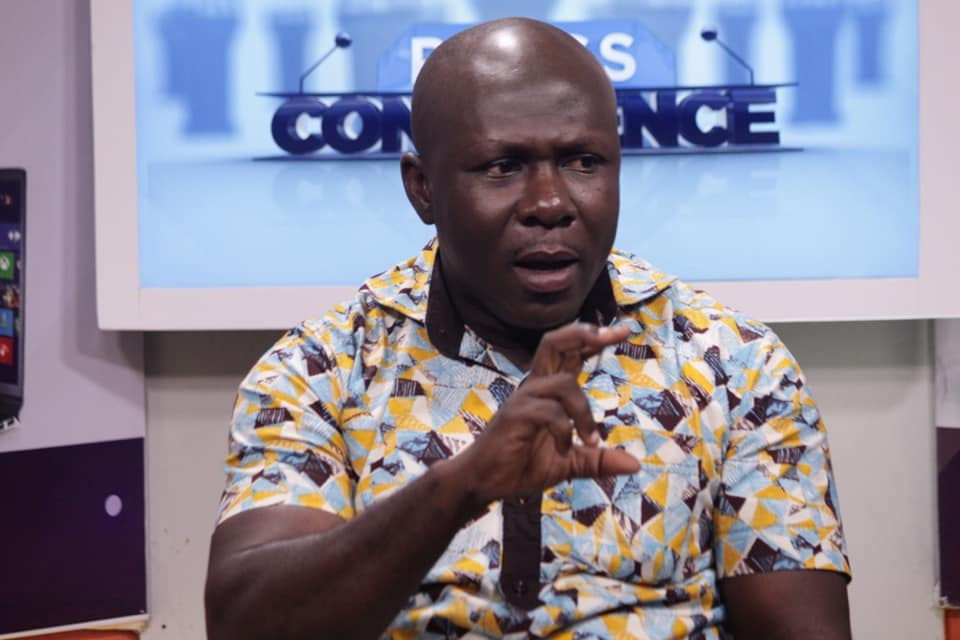This blog is managed by the content creator and not GhanaWeb, its affiliates, or employees. Advertising on this blog requires a minimum of GH₵50 a week. Contact the blog owner with any queries.
Ted News Ghana Blog of Monday, 19 May 2025
Source: TEDDY VAVA GAWUGA

Editor of Newscenta Newspaper, Elvis Darko, has voiced skepticism over the long-term impact of the Ghana Immigration Service’s (GIS) recent swoop that led to the arrest of over 2,200 foreign nationals engaged in street begging in Accra. Speaking on Channel One TV’s Breakfast Daily on Monday, May 19, Darko cautioned that unless the root causes—particularly Ghana’s porous borders—are addressed, the issue will re-emerge within months.
“If the Immigration Service carries these people out of the country, I give you three months—they will be back,” Darko warned. “The borders are porous. Nothing strategic is being done to properly secure them.”
On Friday, May 16, GIS conducted a major operation in Accra, rounding up 2,241 undocumented foreigners, including 909 adults and 1,332 children, many of whom were involved in begging and hawking. While the move received praise from some quarters, Darko questioned its sustainability and criticized public institutions for failing to implement lasting solutions.
“We talk too much instead of doing the right thing, and that is our problem. Public institutions love to talk, but when it comes to actually doing their jobs, it becomes an issue,” he said.
Darko urged the government to shift focus from one-off street operations to developing a comprehensive border management strategy. He emphasized the importance of tightening border control, improving surveillance infrastructure, and ensuring inter-agency collaboration.
“The issue should be focused on the state of Ghana’s borders. How do people enter this country without documentation? What do we need to do to fix our borders to ensure people enter rightfully?”
He added that without bold reforms and investment in border security, Ghana risks a perpetual cycle of ineffective enforcement efforts.
“Until the state sits up and adopts a border management strategy and invests in it, this cycle will continue. We will be doing the same swoops every three years because the real problem has not been fixed.”
Darko’s remarks underscore growing concerns among analysts and civil society about the structural weaknesses in Ghana’s immigration and border systems, which continue to undermine national security and public order.
